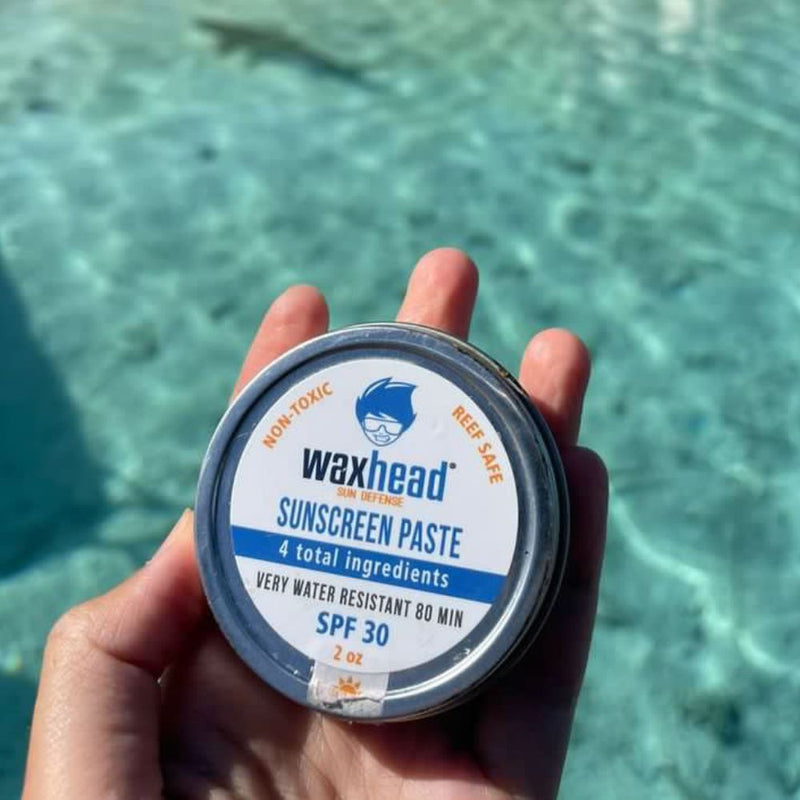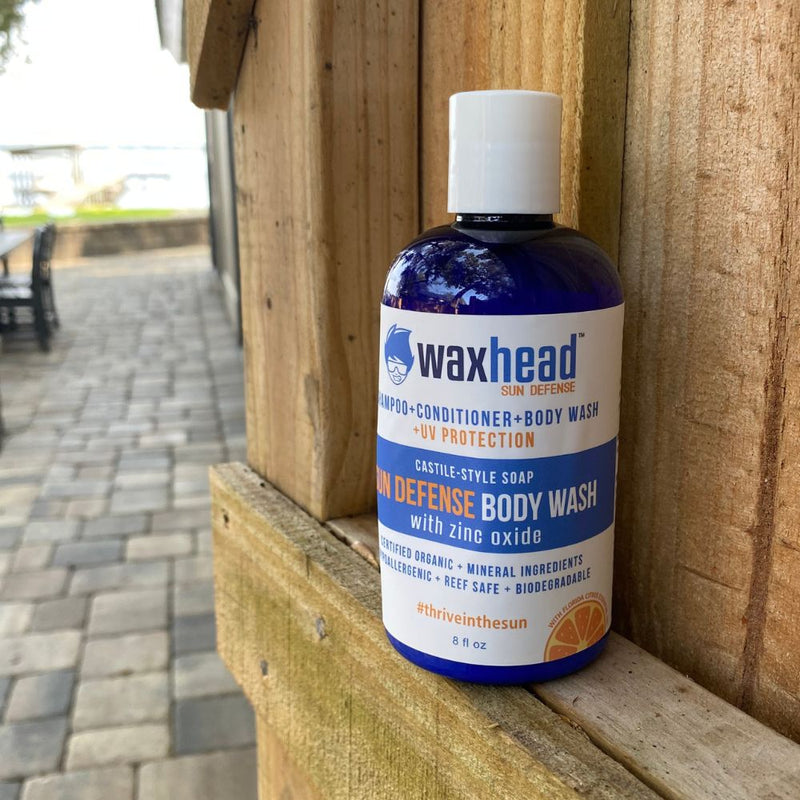What are Free Radicals?

Having some free radicals in the body is a good thing. For instance, they help destroy bacteria and viruses, but too many cause significant damage and eventually disease.
“Free radicals are atoms or groups of atoms with an odd (unpaired) number of electrons and can be formed when oxygen interacts with certain molecules. Once formed these highly reactive radicals can start a chain reaction.” - Rice University
What Causes Free Radicals?
The stuff that contributes to free radical production can be found in pretty much all the things we’ve been told are bad for us: tobacco smoke, air and water pollutants, sugar (darn it), fried food, alcohol (damn it!), pesticides and insecticides, and so on. It’s also caused by exposure to the sun’s UV rays (this is big for the skin). Mental stress and paradoxically, although it’s good for you in so many other ways, exercise, produces free radicals.
“Free radicals’ chief danger comes from the damage they can do when they react with important cellular components such as DNA. To prevent free radical damage the body has a defense system of antioxidants.” - Rice University
How do Free Radicals affect my Skin?
Free radical damage is a biggie, as anything that damages cells is a bad thing for skin. Ever seen an apple turn brown when exposed to oxygen-filled air? Free radical oxidation affects our skin in a significantly similar way.
Scientific studies now show that all of those symptoms we normally associate with aging, as well as just about every disease there is, are caused by the damage of free radicals on your body.
Use Zinc Oxide Sunscreen
Our travel-friendly, pocket size field tins contain the thickest, toughest, healthiest, eco-friendliest sunscreen you'll find.
Stays on face to defend and nourish skin through through saltwater, pool water and sweat. VIEW PRODUCT DETAILS
How does Sunlight create Free Radicals?
Sunlight exposes skin to two types of ultraviolet rays: UVA and UVB. High-intensity UVB rays are absorbed by the surface of the skin, causing immediate damage otherwise known as sunburn. Lower-intensity UVA rays penetrate below the skin’s surface, causing long-term damage like wrinkles and cancer. Since both UVA and UVB are harmful, you need protection from both kinds of rays.
Both types do significant damage by creating free radicals. And although you have natural defenses against free radicals from sun exposure, they’re often not enough.
However, a sufficient supply of antioxidants mops up free radicals by offering electrons, sparing healthy molecules from harm. Sun exposure quickly depletes your skin’s supply of antioxidants, so most doctors suggest supplementing your diet with Vitamin C and Vitamin E.
Is Sunscreen a fix for Free Radicals?
Not unless your sunscreen has added antioxidants. Most sunscreens help with free radical prevention and some help with the repair of free radicals (as long as they have some added antioxidants). Common sunscreens, which use petrochemicals as active ingredients, actually do little to block UVA rays. Plus those nasty chemicals damage skin and body over the long term.
To help prevent sun-related free radicals effectively, make sure to choose a truly broad-spectrum sunscreen that uses zinc oxide as its sole active ingredient, and research to make sure any added ingredients aren’t themselves dangerous. To fully combat free radicals, add significant amounts of antioxidants to your daily diet.
NEXT STEPS
1. Know your ingredients — Flip over your sunscreen and read the ingredients. We want everyone to know what good ingredients are, regardless of whether they use our products or not. Your health is worth it.
2. Buy safe sunscreen — Waxhead is dedicated to using only the healthiest, safest, most effective ingredients in our sunscreens. Shop Safe Sunscreen here.
3. Teach a friend — If you know someone who might still be buying sunscreen with questionable ingredients, please share this post with him/her.





























